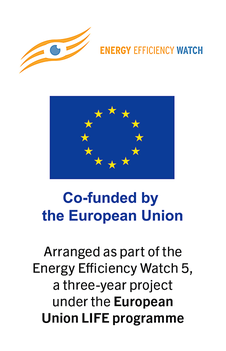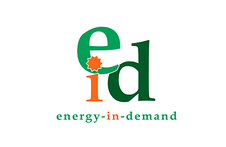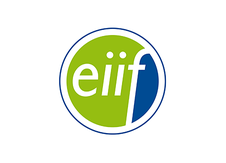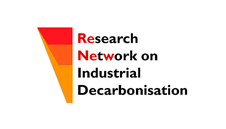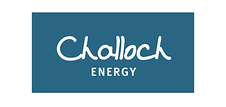Search eceee proceedings
Indirect and unintended influence of energy policy instruments on energy efficiency investment – an analysis for the pulp and paper industry
Panel: 3. Matching policies and drivers: Policies and directives to drive industrial efficiency
This is a peer-reviewed paper.
Authors:
Ali Aydemir, Fraunhofer ISI, Germany
Nele Friedrichsen, Fraunhofer Institute for Systems and Innovation Research ISI, Germany
Abstract
Paper production is an energy-intensive process. With regard to electricity utilization, it accounted for about 9.5% of the industrial electricity demand in Germany in 2010. However, significant potentials to increase energy efficiency via new technologies do exist. Yet realization of these potentials is slow, with lack of profitability being one of the most important barriers to the adoption of energy-efficient technologies in the industry.
The profitability of efficiency investments largely depends on electricity prices with lower prices increasing the pay back time of efficiency investments and vice-versa. Electricity prices include politically driven levies that vary within the EU. Typically, certain exemptions from paying the full levies apply to industrial electricity consumption. Our paper deals with the question of how strongly these levies and privileges that reduce levies for industrial electricity consumption influence the profitability of energy efficiency investment in Germany, France, the Netherlands and the UK. As different economic and technical boundary conditions underlie different sectors, we analyse a stylized case in the pulp and paper sector.
First, we define a sample paper mill. Second, we derive the electricity price including levies for the paper mill. Third, we calculate the internal rate of return (IRR) of an investment in a high-efficiency paper refiner. Finally, we vary the politically driven components of the electricity price to investigate their influence on profitability and compare results across countries.
The results give insight into a) how strong privileges with regard to policy-driven power price components for industrial electricity consumption affect profitability of energy-efficient investment and b) how this influence differs between the compared member states. Further analysis is needed for energy efficiency technologies with other characteristics and in other sectors.
Downloads
Download this presentation as pdf: 3-024-14_Aydemir_pre.pdf
Download this paper as pdf: 3-024-14_Aydemir_PR.pdf
Panels of
1. Programmes to promote industrial energy efficiency
2. Sustainable production design and supply chain initiatives
3. Matching policies and drivers: Policies and directives to drive industrial efficiency
4. Undertaking high impact actions: The role of technology and systems optimisation
5. The role of energy management systems, education, outreach and training
6. Business models to improve industrial efficiency, global perspective







